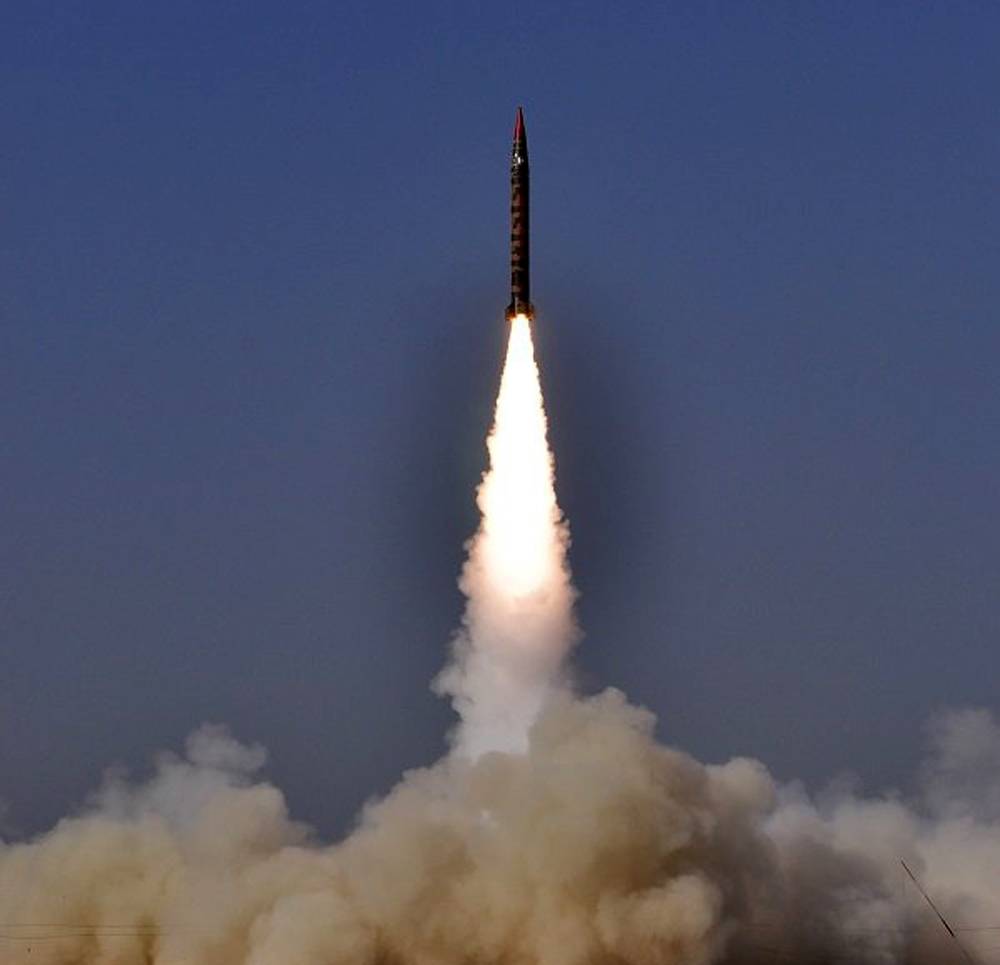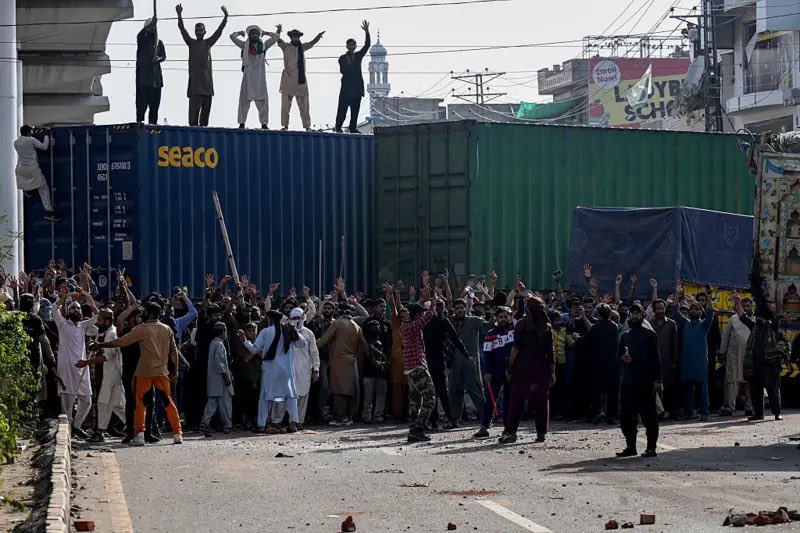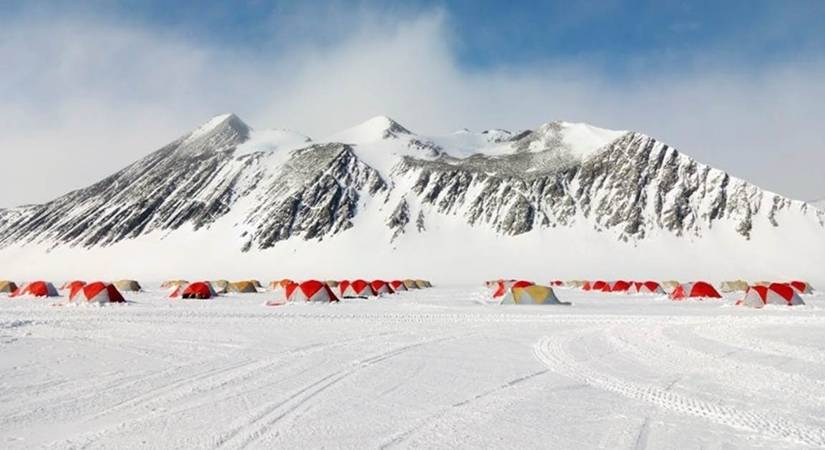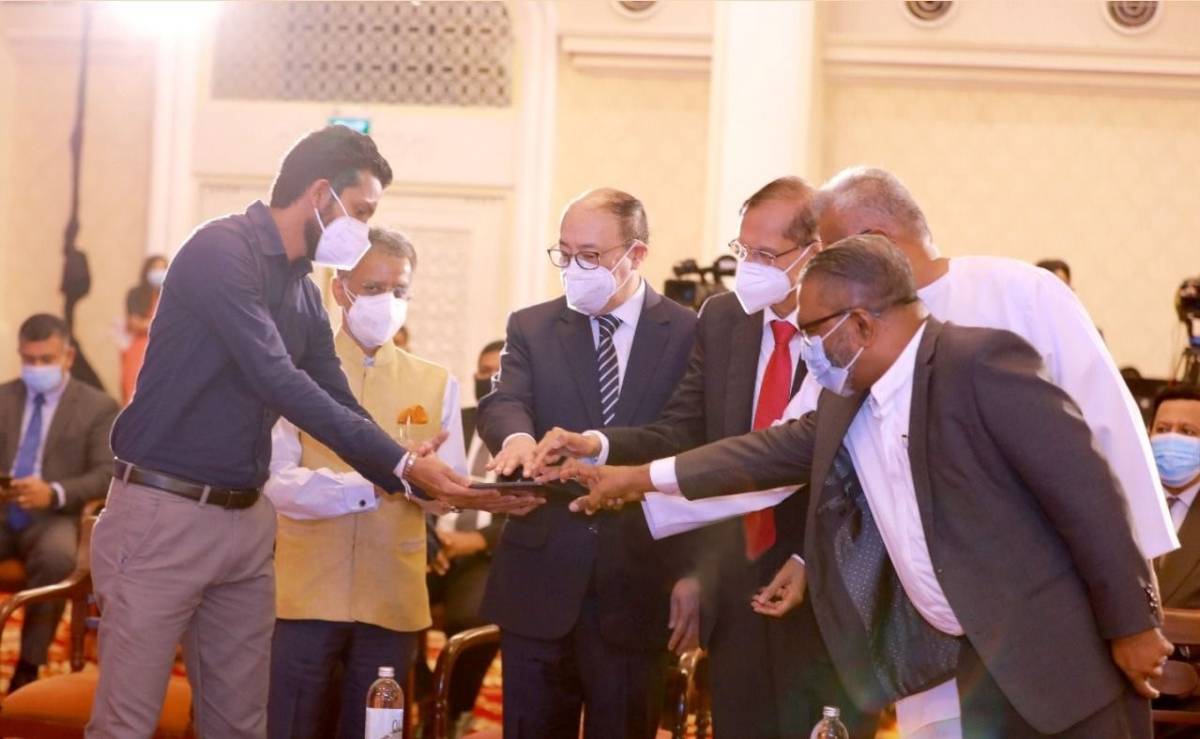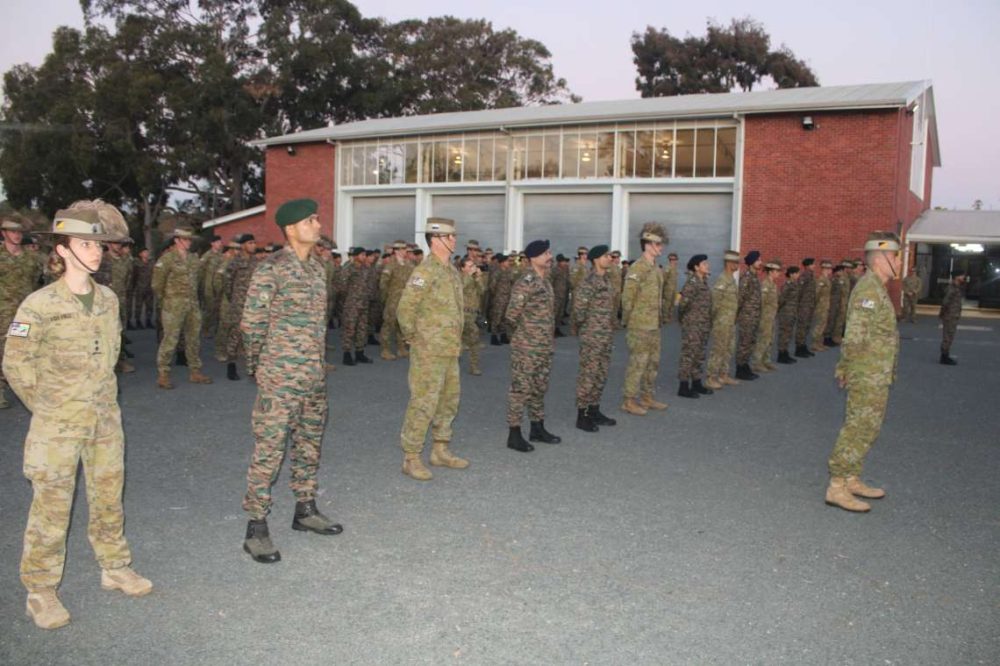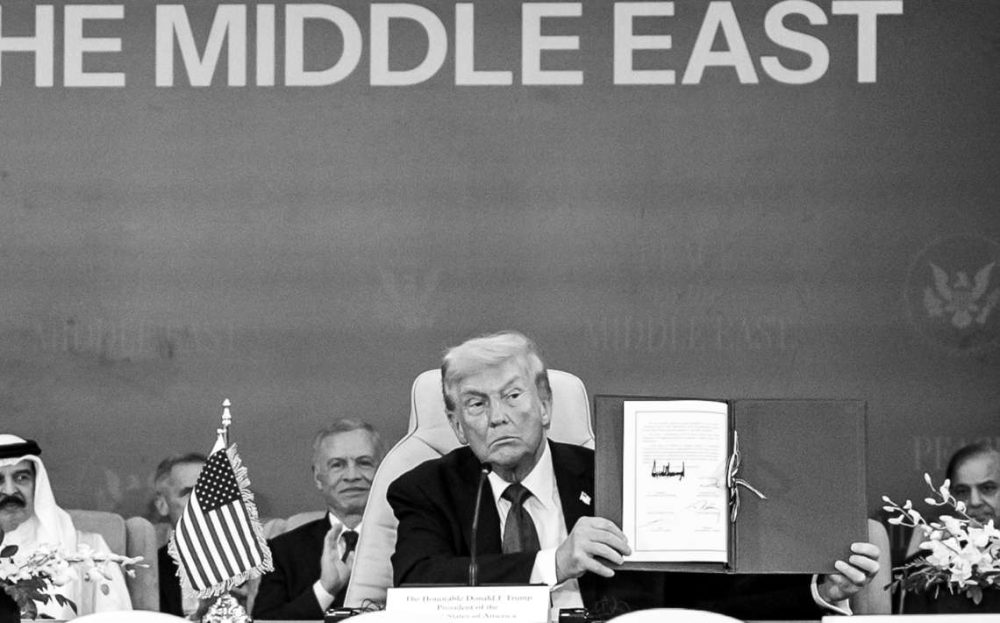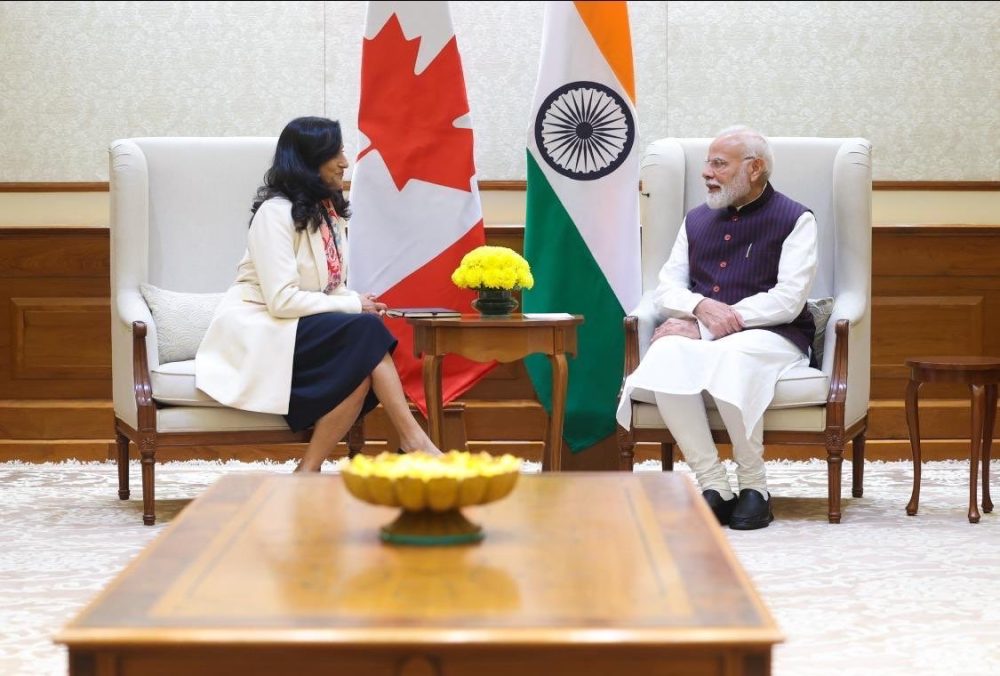Pakistan’s aspiration for acquiring a nuclear weapon saw an element of urgency as it needed to keep pace with India, which was confidently surging ahead with its own self sufficient nuclear program…reports Asian Lite News
Highlighting the multiple dangers of Pakistani nuclear power, the international community should watch Islamabads nuclear program cautiously at least till such time some form of stability returns to Afghanistan in order to prevent the countrys nuclear assets from landing in the hands of rogue elements, French journalist Roland Jacquard writes in the in Global Watch Analaysis.
Pakistan’s association with its nuclear programme and adherence to nuclear safety norms has always been marred by lack of clarity and shrouded in mystery, including the very acquisition of nuclear know how, Jacquard said.
From the very inception of the process of creating a nuclear weapon, Pakistan was aware that it was not in a position to put together a weapon system on its own. Moreover, Pakistan’s aspiration for acquiring a nuclear weapon saw an element of urgency as it needed to keep pace with India, which was confidently surging ahead with its own self sufficient nuclear program. This desperation compelled Pakistan to resort to unethical means to acquire sub systems for their nuclear program from different sources. Jacquard said.
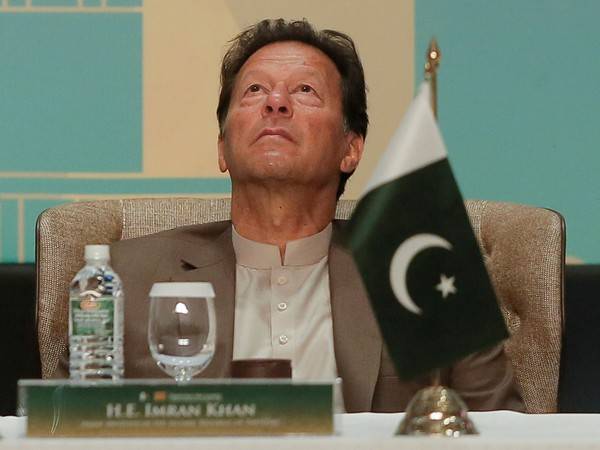
With the Taliban coming to power setting up the ‘Islamic Emirate’ and trying to evolve as a viable nation, the overall political dynamics in the Pakistan � Afghanistan theatre is bound to remain fluid for some time to come. Given the several challenges Pakistan faces in sustaining itself as a stable and responsible member of the global community inspite of a weak political establishment in place, the international community should closely focus on ensuring the safety and security of vital assets including the nuclear assets in Pakistan, he writes.
With the Taliban coming to power, there has been an enthusiastic narrative among the conservative members of the Pakistani society including government establishment who are excited and motivated by this development. In the event of any deteriorating political situation, the threat of hard core radical elements taking over the government or the vital national assets cannot anymore be considered remote. The role of IAEA and the larger global community would be crucial in this regard, Jacquard writes.
Most significantly, in the past, Taliban-linked groups have successfully attacked government and military targets in the country. In 2012, armed Islamist militants used rocket propelled grenades to attack the sensitive Minhas (Kamra) Air Force base which hosts the Pakistan air Force’s Research and Development facilities. Significantly, the then Taliban spokesperson Ehsanullah Ehsan stated that the Taliban was proud of the operation as their leadership had decided to attack the Kamra air base a long time ago. The base was also targeted earlier in 2007 and 2009 by suicide bombers.
In the past, Al Qaeda leaders had called for attacks on Pakistani nuclear facilities as well. Likewise, in September 2014, an attack was carried out by AQIS on Pakistani nuclear ship Zulfikar, docked at Karachi Naval Dockyard which had also drawn concern from the international community on the capability of such cadres to target vital facilities in Pakistan. Authorities in Pakistan had even alleged that the ship had been taken over by the AQIS operatives, Jacquard writes.
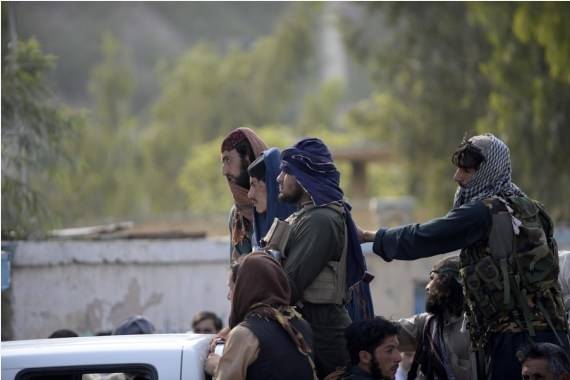
The years of recruitment of conservative minded individuals in the Pakistani armed forces has also ensured the presence of large number of service personnel who could get easily influenced by radical groups and leaders to pursue their agenda. Several members of ISI and Pakistani Army and Navy are also incorporated within the cadres of AQIS and affiliated organisations for coordination and facilitation. A classic case was that of Adil Abdul Qudoos, a senior AQIS leader, who was a Major in the Pakistani Army’s Signals Corps. It is from his home in Rawalpindi from where Khalid Sheikh Mohammed (9/11 mastermind) was arrested in 2003. There have been other such cases in the past of defence personnel being linked to these organisations.
It has also been noticed that the Taliban inevitably maintains links with the Al Qaeda and its affiliates such as AQIS, LeT, Al Badr, IMU etc., which continue to operate in Afghanistan alongside the Taliban. The AQIS has operated very closely with the Taliban and were involved in fighting foreign forces alongside the Taliban. Such association from the battlefield cannot be written off overnight and the Taliban will continue to maintain these links while denying such connections.


